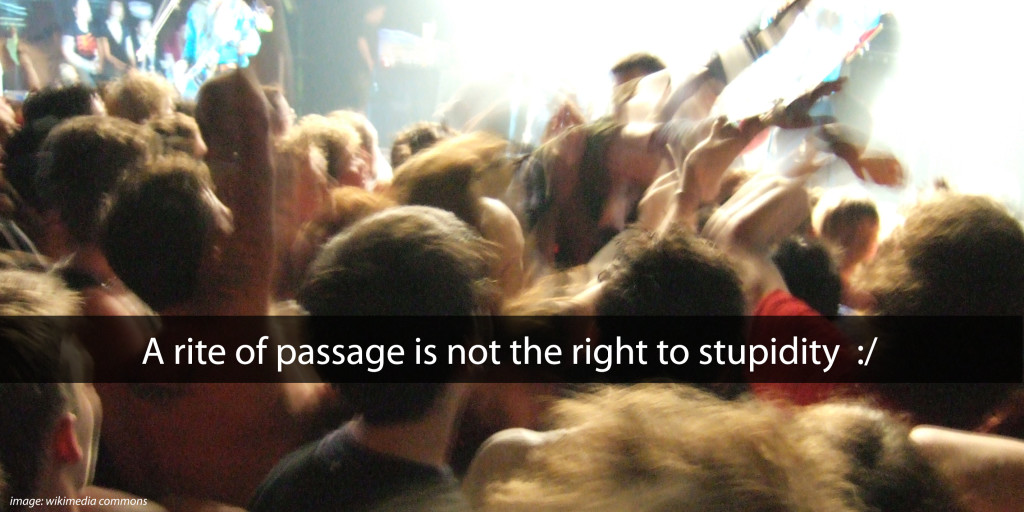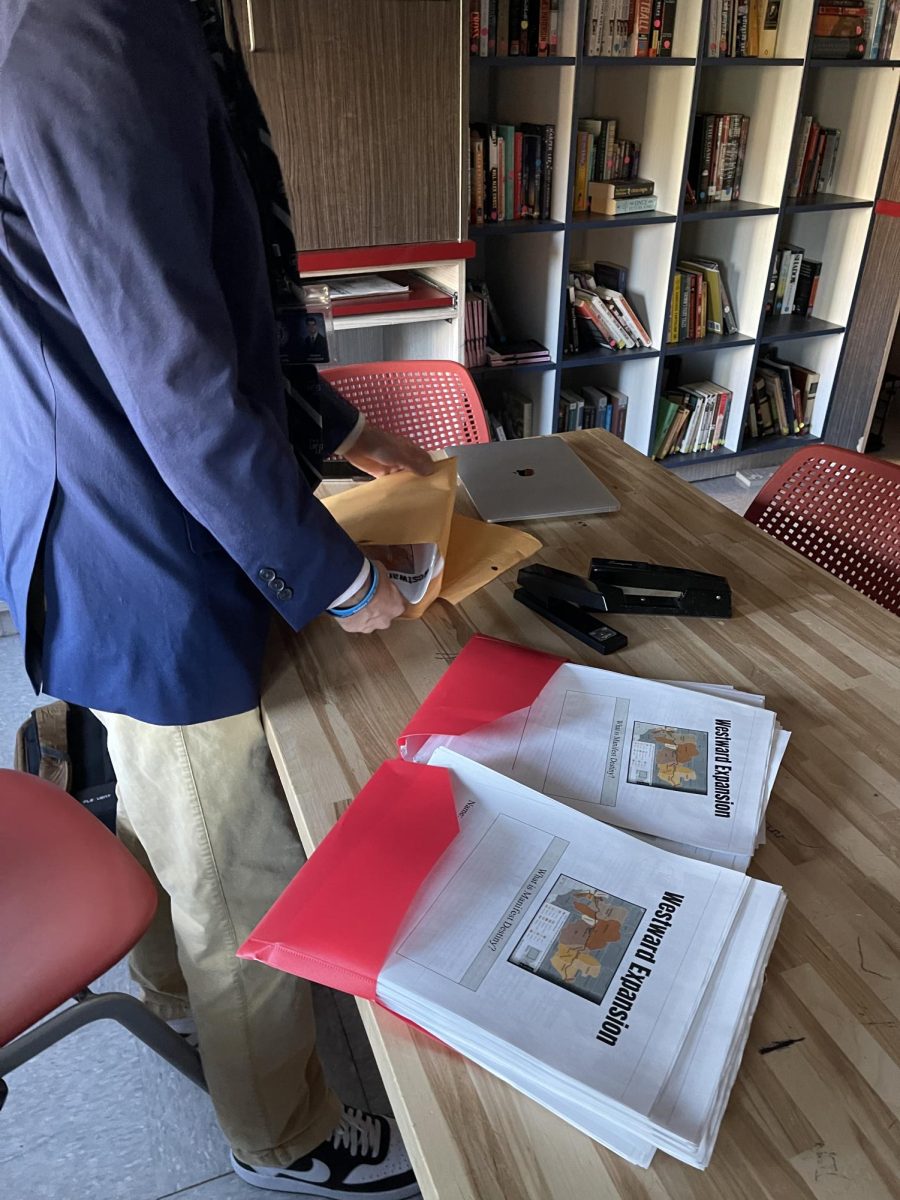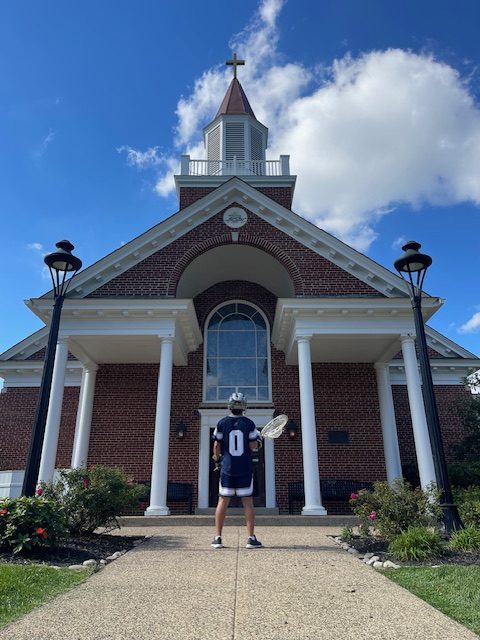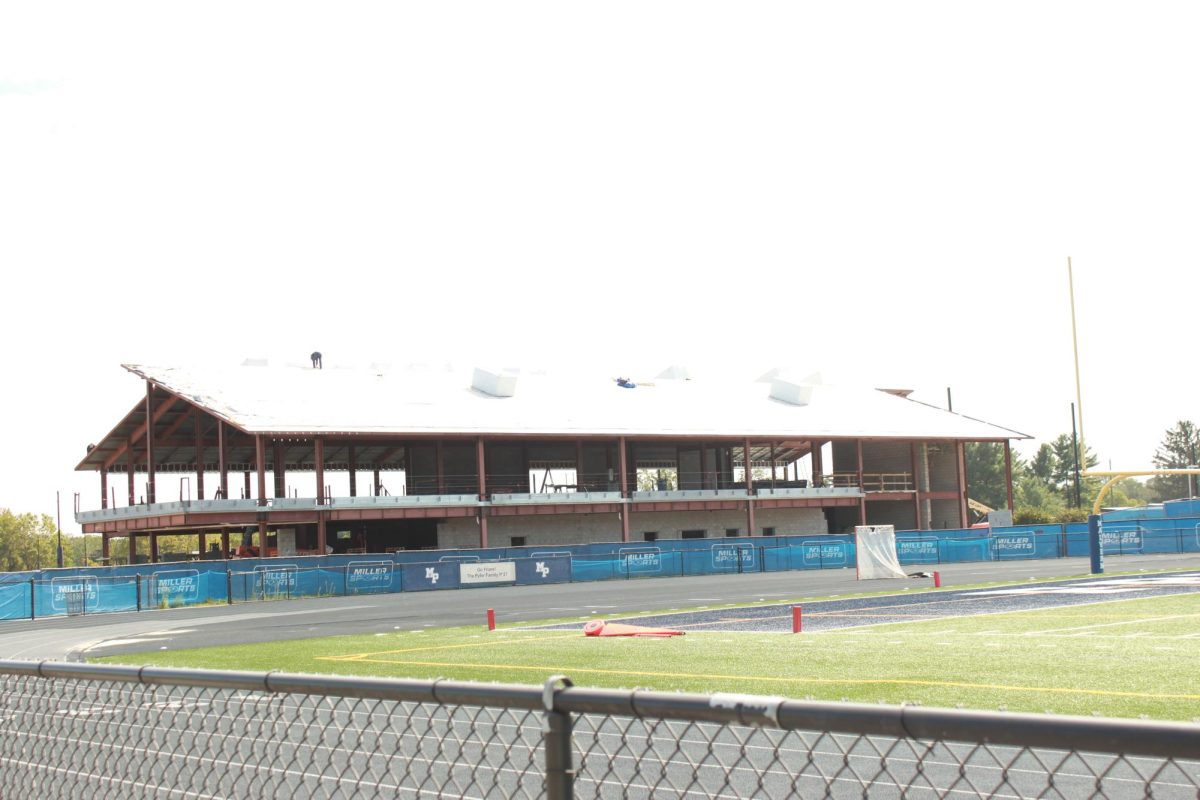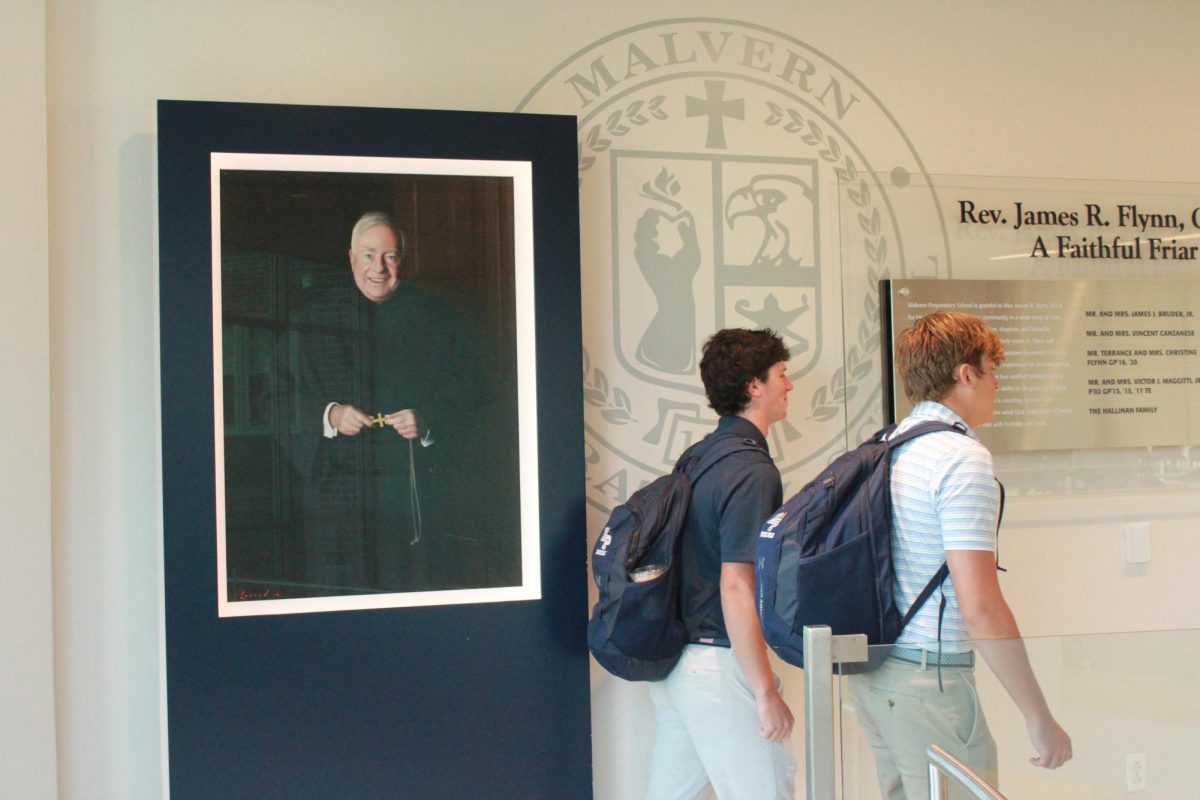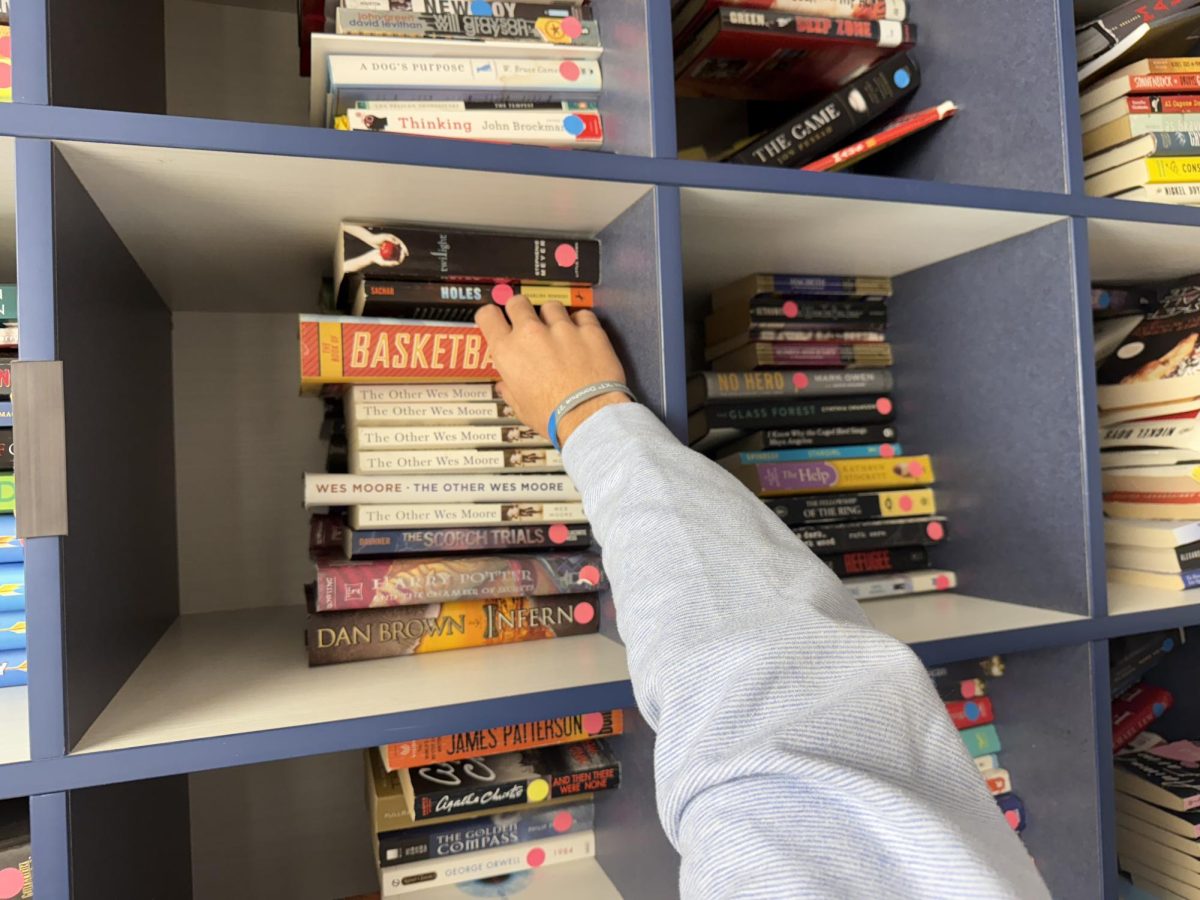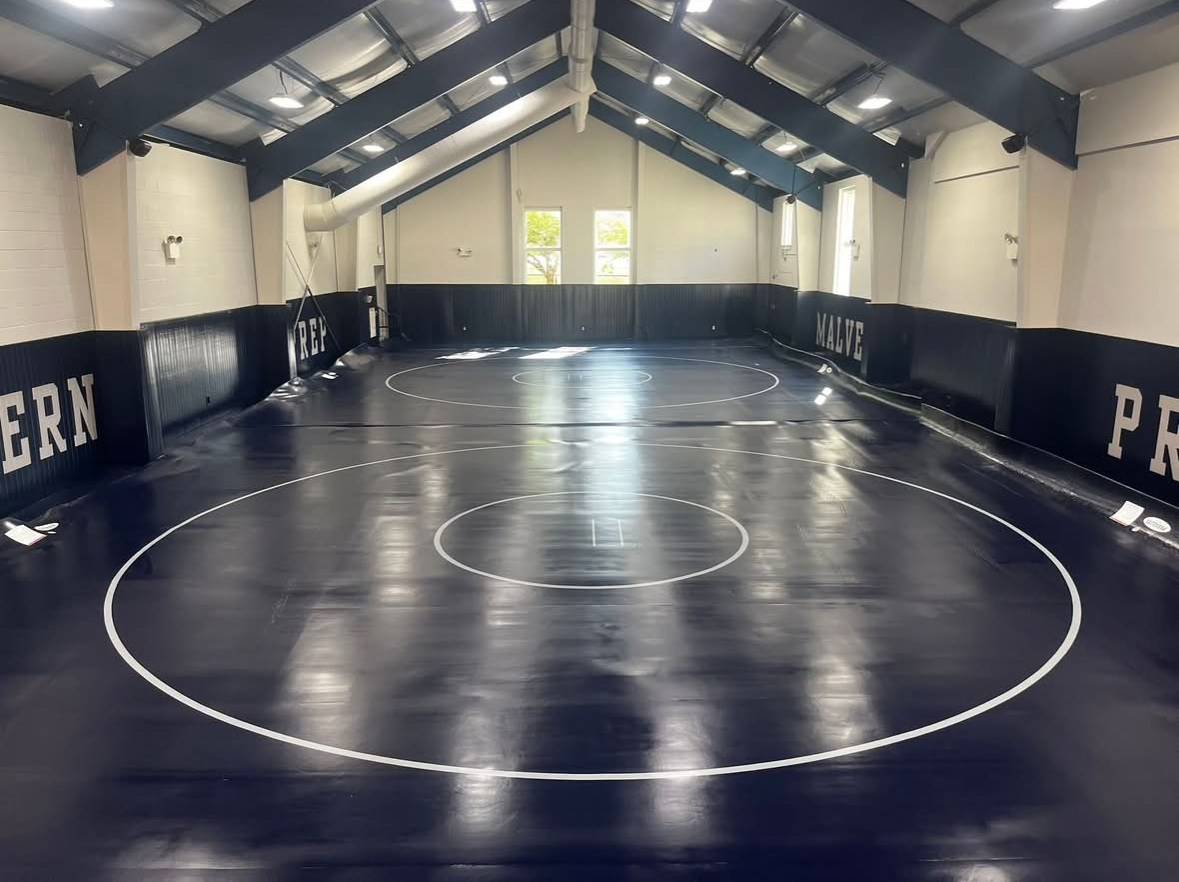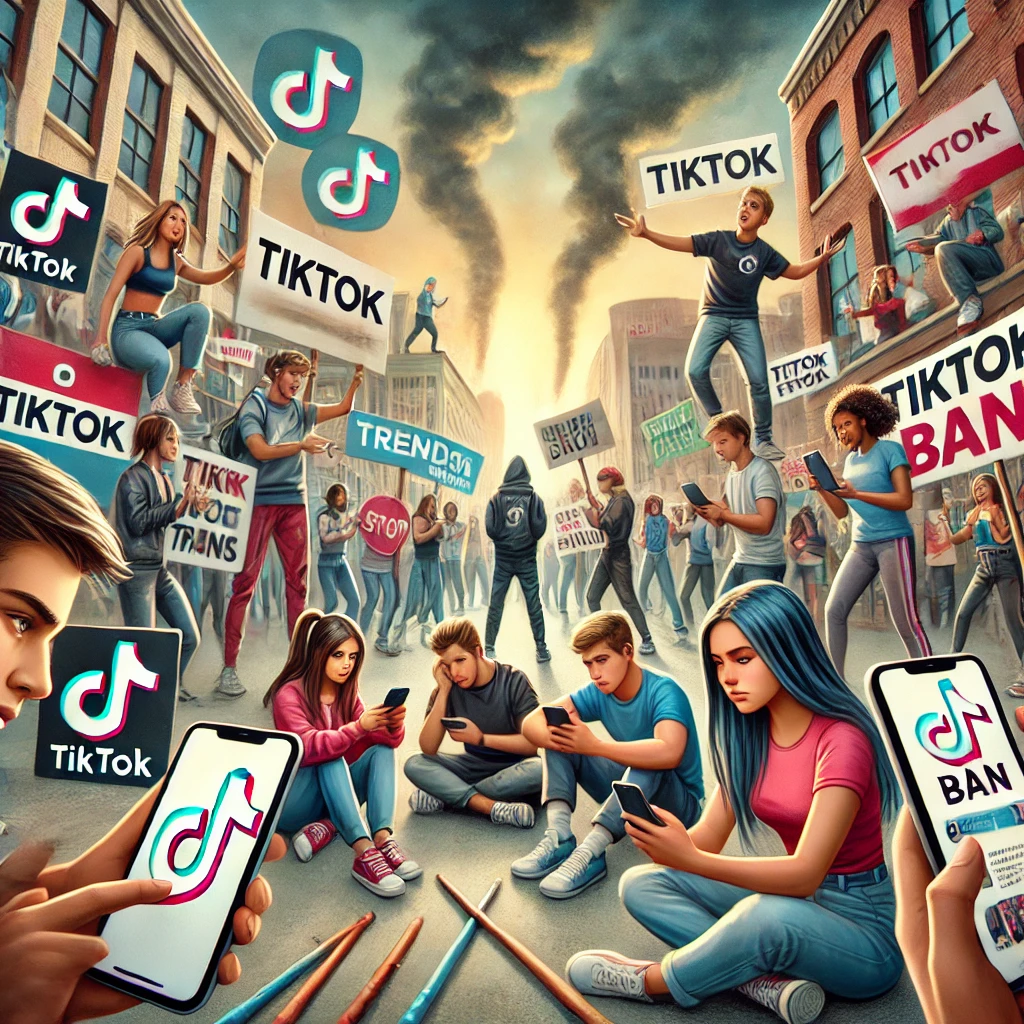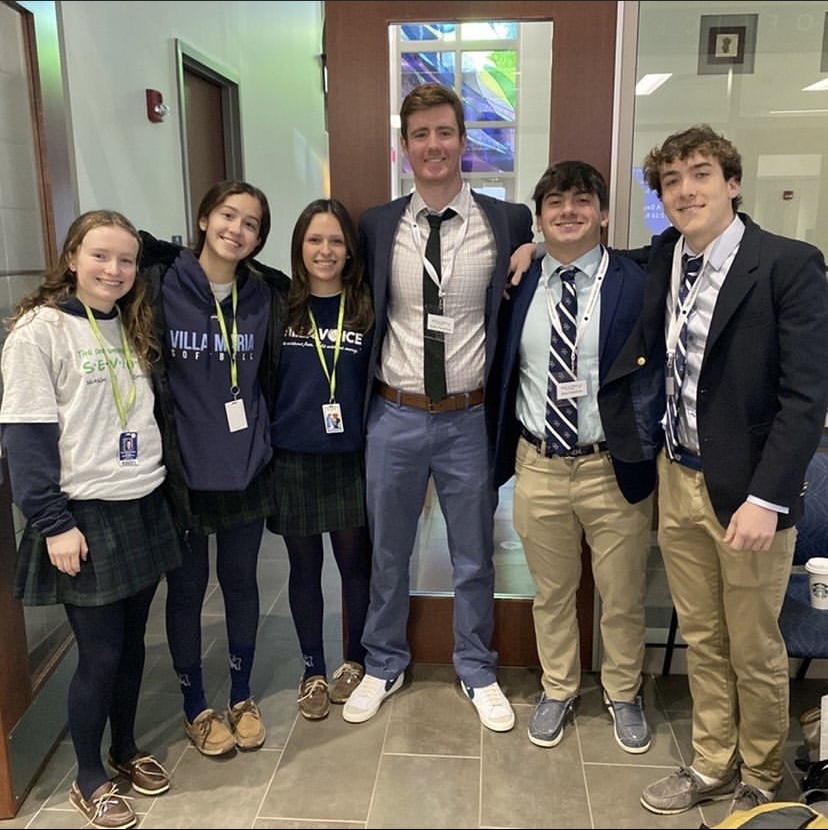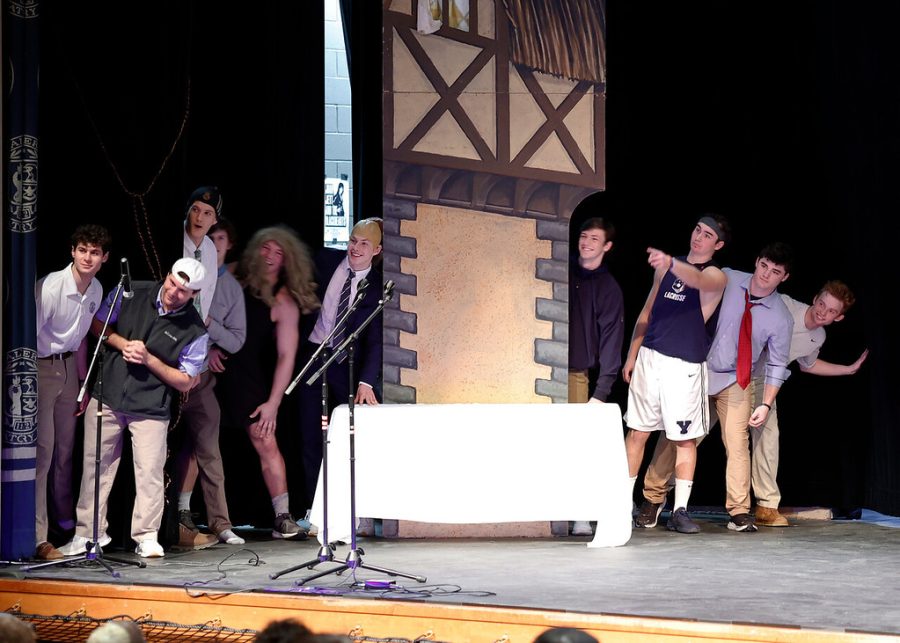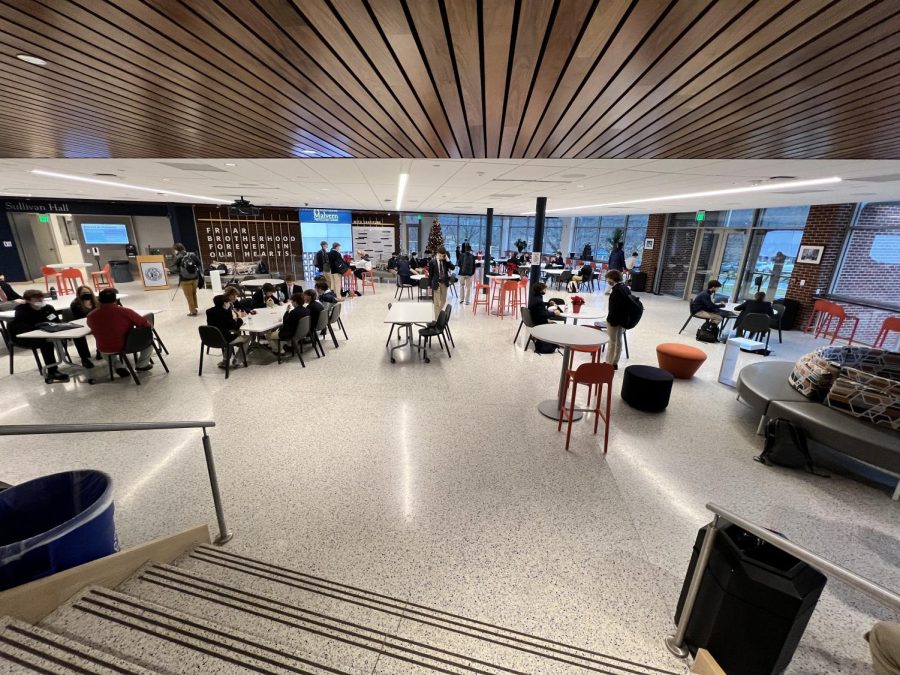With Concert Season kicking into full swing, the Editorial Board feels a need to address the issue and urge people to action.
Everyone has some relation to it, or some opinion on it. Everyone came to our Editorial Board meeting this month with a personal connection or story pertaining to the topic. It is a part of student life that we often see undiscussed or underdiscussed, but it is vital that we have this conversation.
Concerts. Many are fun, enjoyable experiences for teenagers. However, others present options that can be detrimental or even lethal. Many concerts are conducive to underage drinking, drug abuse, sexual contact, and overall risky behavior.
Often times, the lengthy list of poor decisions does not even begin at the concert.
 Pre-gaming for a concert at Festival Pier, a common venue of these events, often begins on the train ride down. High school students frequently pass around handles of vodka and fireball, Four Lokos, and joints in anticipation to devolve into an even worse condition for the concert.
Pre-gaming for a concert at Festival Pier, a common venue of these events, often begins on the train ride down. High school students frequently pass around handles of vodka and fireball, Four Lokos, and joints in anticipation to devolve into an even worse condition for the concert.
When they arrive, if students did not consume enough alcohol or drugs during their pre-game, they are met with an array of opportunities to do so at the concert. People over 21 are usually given wristbands at the gate. Unfortunately, it is commonplace for these adults to buy alcohol, walk into the “mosh pit,” and pass it on to someone underage.
The mosh pit is rarely supervised and is a breeding ground for almost all the dangerous behaviors students participate in. Over the course of the night in the pit, concert-goers will encounter college students or adults attempting to sell their drugs out of a little pouch for upwards of $20 per pill. Molly, formally known as MDMA, is most commonly sold, however shrooms and other drugs are available.
 In the mosh pit, concert-goers often not only engage in drinking and drug use, but the nature of the concert makes them more open to sexual behavior. Hooking up, feeling up, and the exchange of mono are all too common.
In the mosh pit, concert-goers often not only engage in drinking and drug use, but the nature of the concert makes them more open to sexual behavior. Hooking up, feeling up, and the exchange of mono are all too common.
As a result of the drug and alcohol use, many students leave the concert in a state of impaired judgement. Then, students are left 3 miles away from the train station to get home. Most must be able to walk to the train. And when they get there, they must still be able to stand up.
Malvern embraces the strategy of a “Triangle of Success” – the school, parents, and students communicating effectively to support students’ growth. Each of these three parts should improve to help the Malvern student body make smarter choices.
Let’s start with the school. Malvern has begun to take a stance with an email concerning the very real traditions of SophKeg at Edgely and its NOPE drug assembly this Spring, but it must do more. Students should be included in those emails to keep them a part of the discussion. Teachers should engage in informal and casual discussions with their students about their choices outside of school and safe decision-making, despite how difficult it may be. Malvern needs to take a more comprehensive approach in Counseling classes so that students fully understand the physical, legal, and social implications of their decisions. Students even as young as 7th grade should be educated because similar situations start early.
Parents should know their sons will probably face these decisions and most importantly talk with them. Make clear expectations and establish a very open line of communication about even difficult conversations such as this. Events like SpeakUp are a great way for parents to learn about the real challenges, and how to start these difficult discussions. Please allow your kids to continue going to concerts, because good sober and safe fun can be had, and students need to learn to make good decisions in the face of bad ones. Just make sure that you share clear expectations and dialogue.
Brothers, be smart. You know the effects the drugs, alcohol, etc. can have on your life, and you know you don’t need them. These activities don’t make you popular nor do you need to engage in them to be part of your friend group. Are your “friends” really your friends if the only connection you have involves possibly detrimental risks? The last thing we want is to lose one of you and know we didn’t do enough to stop it. There are very real consequences for your actions. Learn from the mistakes of others before you, in turn, are a learning point for someone else. Live your life and decide the type of person you want to be, and most importantly use your head.
A rite of passage is not the right to stupidity.


